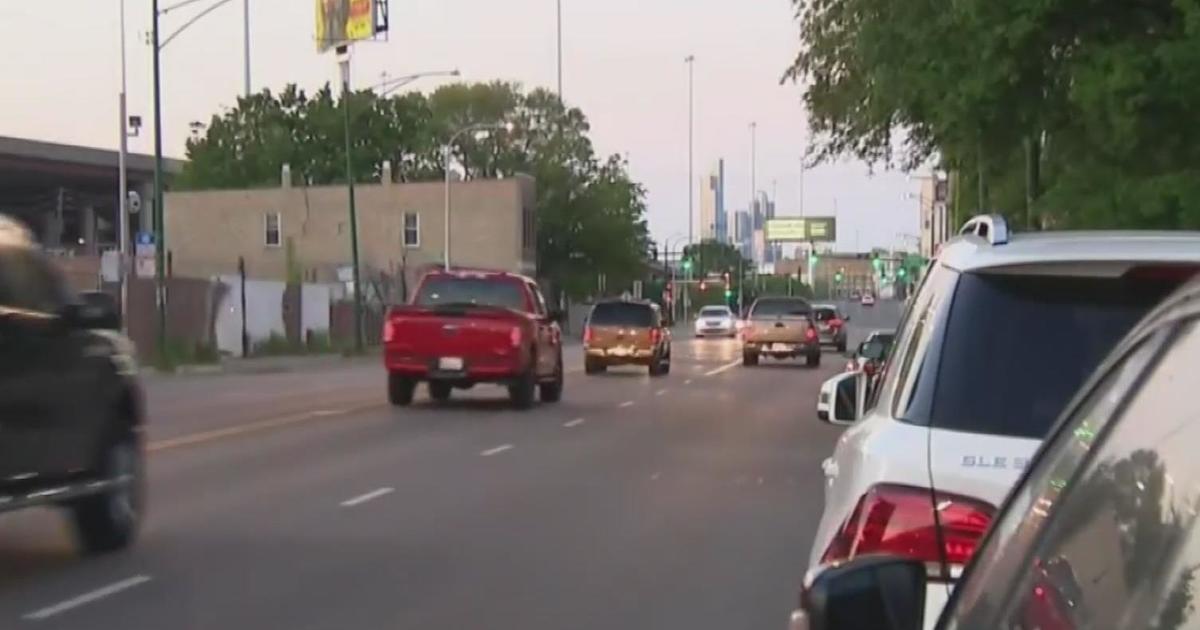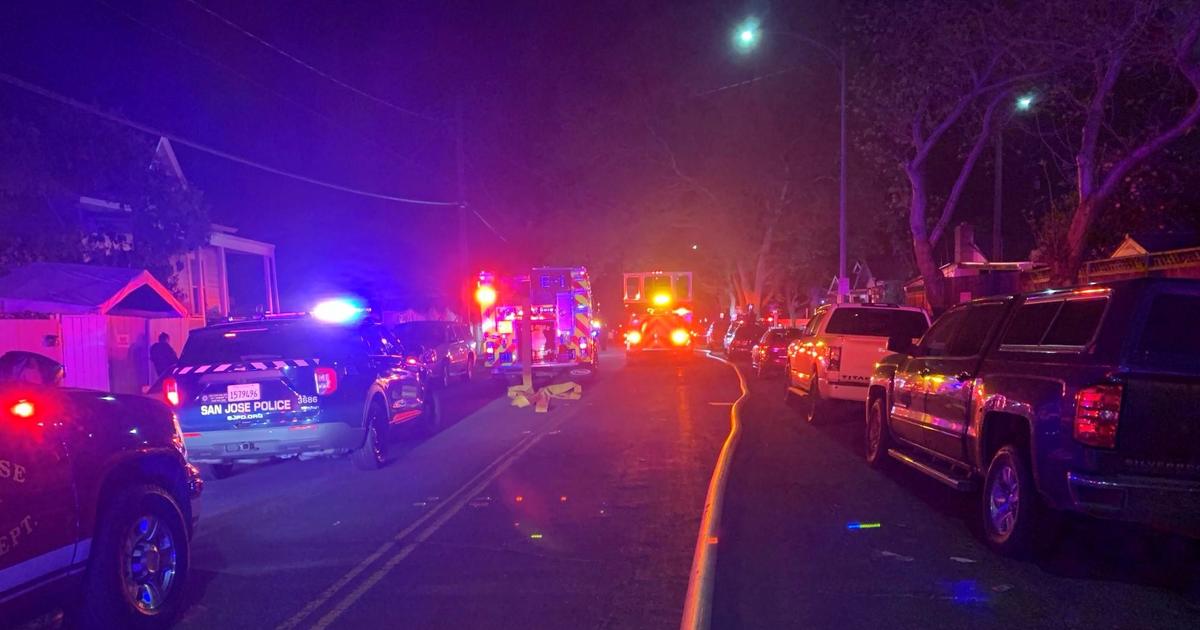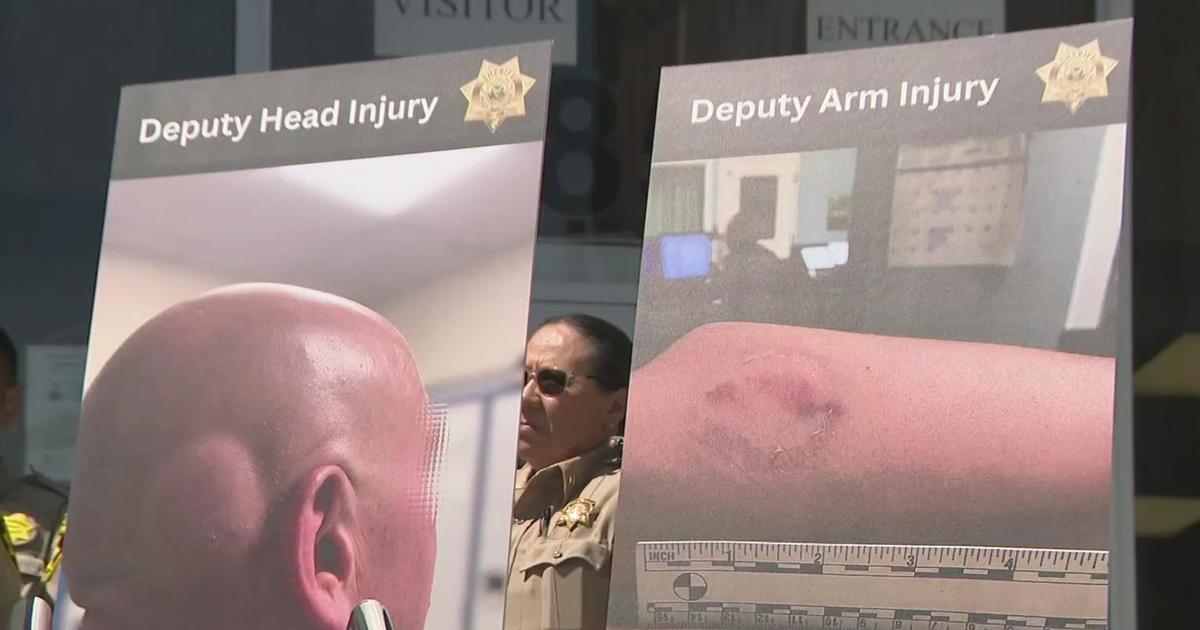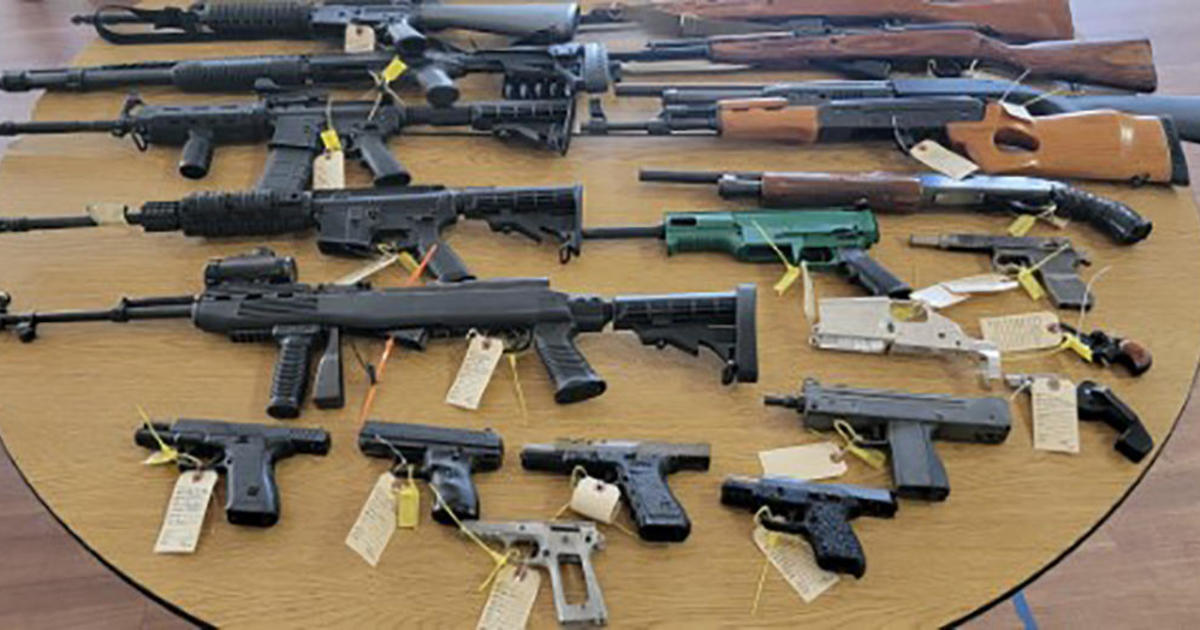San Francisco 911 Dispatchers Overworked; Board Of Supes Vows Changes
SAN FRANCISCO (CBS SF) -- Increased 911 call volume coupled with a dwindling staff has led to a crisis for San Francisco emergency dispatch with response times lagging and many calls during high volume periods going unanswered.
The San Francisco Board of Supervisors' public safety committee held a hearing Monday on the plight of the city's dispatchers, many of whom are working hours of mandatory overtime every day, amounting to hundreds or even thousands of hours over the course of a year.
"It is inhumane for people to be working 16 hours, but beyond the inhumanity it is patently unsafe," said Supervisor Aaron Peskin, who called for Monday's hearing.
Peskin pointed out that working such long days leaves little time for people to drive home and sleep before they have to be back at work, arguing fatigue could jeopardize how 911 calls are handled.
"I can't believe we haven't realized this is an emergency," Peskin said.
Peskin also took himself to task for the current state of affairs. "I apologize as a former and current supervisor that i didn't take this issue seriously enough in the past and allowing this crisis to come about."
Dozens of dispatchers spoke at the meeting, imploring the supervisors to find a way to get them more paid time off, less mandatory overtime, and more staffing.
One dispatcher said she typically works four 16-hour days and one 12-hour day every week while others said their schedules regularly approach 70 or 80 hours a week.
Robert Smuts, the deputy director of the city's Division of Emergency Communications, told the committee that since January 2012, the city's staff of fully trained dispatchers has gone from 149 to 117, while the workload has increased significantly over that time.
Smuts said the department estimates that 163 dispatchers is necessary to achieve the service standard of answering 90 percent of 911 calls in 10 seconds or less. At current rates of overtime, they could get by with 145 dispatchers, but that is not sustainable and would continue to lead to burnout, he said.
Attrition has recently gone up significantly, with 17 people leaving last year, up from typically five or six per year. It appears to be partly attributable to the workload, Smuts said, as some dispatchers decide to retire early or leave for different municipalities with better working conditions.
Meanwhile, the city partnered with Google to analyze why the volume of 911 calls have increased. While it's partly attributable to the city's growing population, dispatchers have been receiving more non-emergency calls at 911, including people calling to complain about homeless people, Smuts said.
Accidental dials are also on the rise, possibly because of changes in cellphone technology.
In addition to the dispatchers who spoke at the meeting, Peskin read a letter from a dispatcher that he'd received, saying that the employee spent 15 years working overtime, never had the seniority to get weekends off and because of that missed dozens of moments with his family.
"Most of us would call in sick if we wanted the day off and weren't able to trade for it," the dispatcher wrote. "It is a tough job, the hardest job I've ever had."
Peskin promised dispatchers there will be some relief immediately. "The entire board of supervisors has your back. We're willing to put our money where our mouth is."



